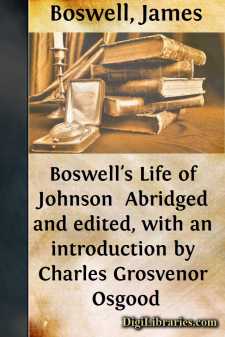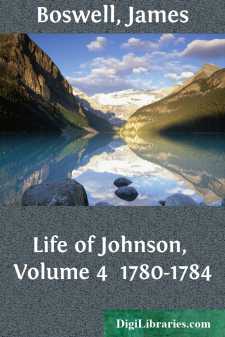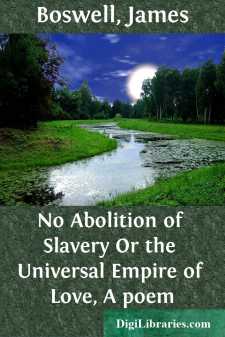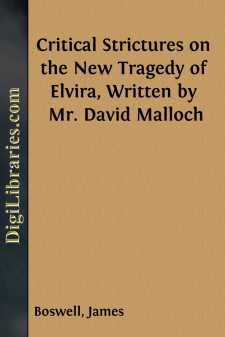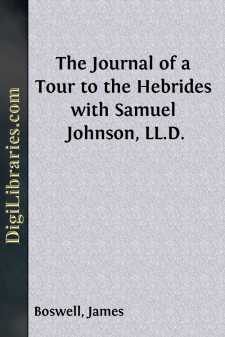Categories
- Antiques & Collectibles 13
- Architecture 36
- Art 48
- Bibles 22
- Biography & Autobiography 815
- Body, Mind & Spirit 144
- Business & Economics 28
- Children's Books 18
- Children's Fiction 14
- Computers 4
- Cooking 94
- Crafts & Hobbies 4
- Drama 346
- Education 58
- Family & Relationships 59
- Fiction 11835
- Games 19
- Gardening 17
- Health & Fitness 34
- History 1378
- House & Home 1
- Humor 147
- Juvenile Fiction 1873
- Juvenile Nonfiction 202
- Language Arts & Disciplines 89
- Law 16
- Literary Collections 686
- Literary Criticism 179
- Mathematics 13
- Medical 41
- Music 40
- Nature 180
- Non-Classifiable 1768
- Performing Arts 7
- Periodicals 1453
- Philosophy 65
- Photography 2
- Poetry 896
- Political Science 203
- Psychology 44
- Reference 154
- Religion 515
- Science 126
- Self-Help 85
- Social Science 83
- Sports & Recreation 34
- Study Aids 3
- Technology & Engineering 60
- Transportation 23
- Travel 463
- True Crime 29
Our website is made possible by displaying online advertisements to our visitors.
Please consider supporting us by disabling your ad blocker.
Life of Johnson, Volume 3 1776-1780
by: James Boswell
Description:
Excerpt
THE LIFE OF SAMUEL JOHNSON, LL.D.
Having left Ashbourne in the evening, we stopped to change horses at Derby, and availed ourselves of a moment to enjoy the conversation of my countryman, Dr. Butter, then physician there. He was in great indignation because Lord Mountstuart's bill for a Scotch militia[1] had been lost. Dr. Johnson was as violent against it. 'I am glad, (said he,) that Parliament has had the spirit to throw it out. You wanted to take advantage of the timidity of our scoundrels;' (meaning, I suppose, the ministry). It may be observed, that he used the epithet scoundrel very commonly not quite in the sense in which it is generally understood, but as a strong term of disapprobation; as when he abruptly answered Mrs. Thrale, who had asked him how he did, 'Ready to become a scoundrel, Madam; with a little more spoiling you will, I think, make me a complete rascal[2]:' he meant, easy to become a capricious and self-indulgent valetudinarian; a character for which I have heard him express great disgust.
Johnson had with him upon this jaunt, 'Il Palmerino d'Inghilterra,' a romance[3] praised by Cervantes; but did not like it much. He said, he read it for the language, by way of preparation for his Italian expedition.—We lay this night at Loughborough.
On Thursday, March 28, we pursued our journey. I mentioned that old Mr. Sheridan complained of the ingratitude of Mr. Wedderburne[4] and General Fraser, who had been much obliged to him when they were young Scotchmen entering upon life in England. JOHNSON. 'Why, Sir, a man is very apt to complain of the ingratitude of those who have risen far above him. A man when he gets into a higher sphere, into other habits of life, cannot keep up all his former connections. Then, Sir, those who knew him formerly upon a level with themselves, may think that they ought still to be treated as on a level, which cannot be; and an acquaintance in a former situation may bring out things which it would be very disagreeable to have mentioned before higher company, though, perhaps, every body knows of them.' He placed this subject in a new light to me, and shewed that a man who has risen in the world, must not be condemned too harshly for being distant to former acquaintance, even though he may have been much obliged to them.' It is, no doubt, to be wished that a proper degree of attention should be shewn by great men to their early friends. But if either from obtuse insensibility to difference of situation, or presumptuous forwardness, which will not submit even to an exteriour observance of it, the dignity of high place cannot be preserved, when they are admitted into the company of those raised above the state in which they once were, encroachment must be repelled, and the kinder feelings sacrificed. To one of the very fortunate persons whom I have mentioned, namely, Mr. Wedderburne, now Lord Loughborough, I must do the justice to relate, that I have been assured by another early acquaintance of his, old Mr. Macklin[5], who assisted in improving his pronunciation, that he found him very grateful....



